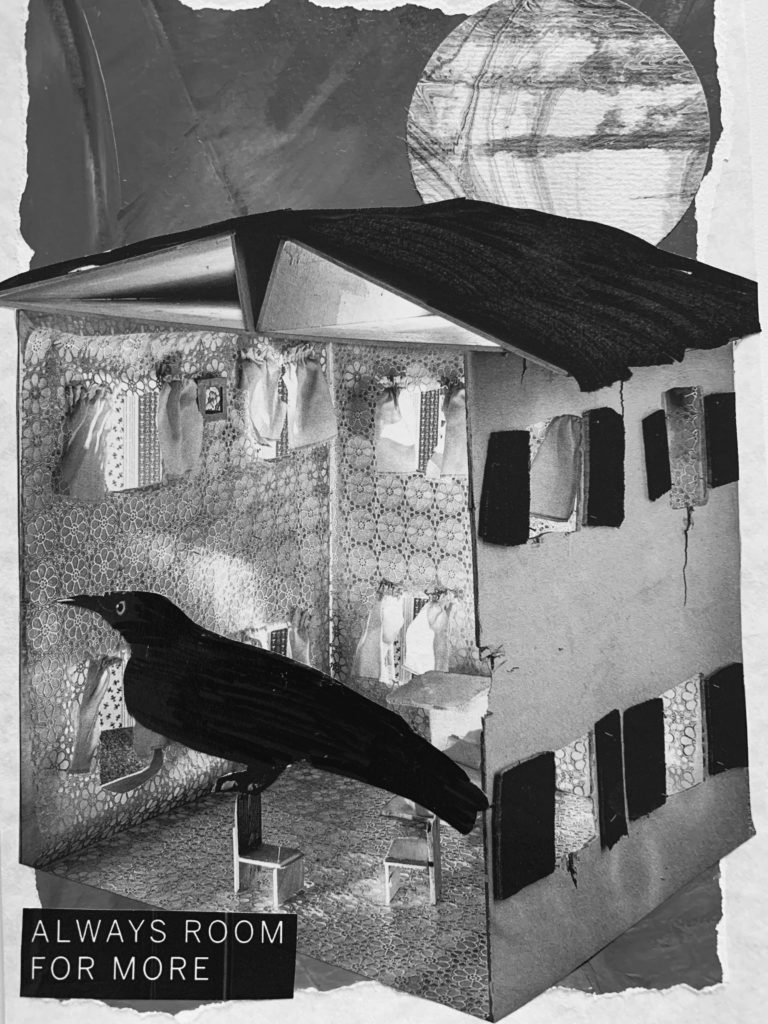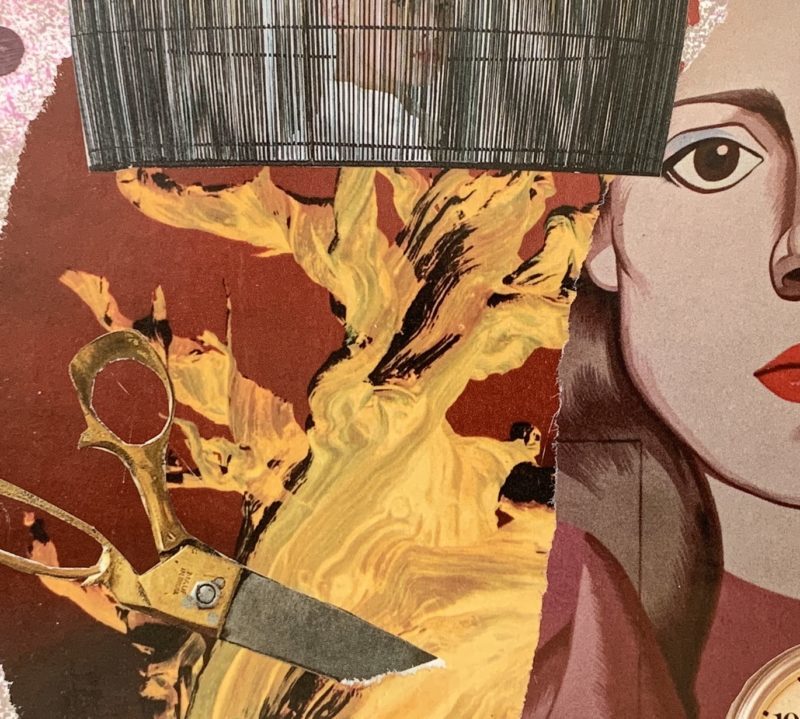
A Magdalene laundry memorial
According to the New York Times, a new memorial will be developed in the last remaining “Magdalene laundry” in Dublin. The compound with its convent and laundry buildings is the only facility of its type in Ireland that has not been demolished. Narrowly escaping development as a hotel, the memorial will become an education center and a museum know as the National Center for Research and Remembrance. There is an awful lot to research and remember.
Fallen women and girls in trouble
Ireland turned its “fallen women,” its “girls in trouble” into slaves. According to most sources, from the 18th century to the late 20th century some 30,000 women were confined in these institutions. But there are no official statistics. Secrets are by nature resistant to statistics. Imagine a family desperate to rid themselves of the shame of having a pregnant unmarried daughter. There may have been tears and regret when she was delivered to the gates of one of these places. But I’ll bet you your firstborn child there was also an immense sigh of relief by the parents who left her. By some estimates, in Ireland alone there were 41 of these facilities and perhaps as many as 300 in England.
My own troubles
I lived in a small Catholic town in Iowa when I got pregnant in 1970. I was in my final year at a Catholic school–the only high school in my home town. It seems like a miracle, but I kept my pregnancy a secret throughout my senior year. I went to prom. I graduated. When my parents found out I was pregnant I was due to give birth in six weeks. Plans were made very quickly.
After I confessed my plight to my mother she went downstairs to the phone. She called my father and asked him to come home early for lunch, and then she called the home for unwed mothers in Dubuque, a city of approximately 30,000 a half hour’s drive down the highway. I figured a place like this would be my fate. I imagined girls who smoked and wore too much mascara. Girls who were mean, perhaps, and way wilder than I was. I needn’t have worried. There was no room at the inn. Imagine, there I was feeling completely alone, and there was so many girls like me that there was not enough room to house us.
I went to stay with a foster family in the deep Iowa countryside. I helped the mom, Sarah, take care of her four kids while her husband was away on National Guard duty. There’s a lot more to this story, but here’s the thing–I was treated with love and kindness.
A Magdalene baby in Iowa
If you want a personal story about the Magdalene laundries, watch this movie. And believe it or not, my family had a connection to the real-life son of Philomena. You can read about him here. My mind was pretty much blown to find out he was adopted into the family of my brother-in-law. A Magdalene laundry baby in Iowa.




